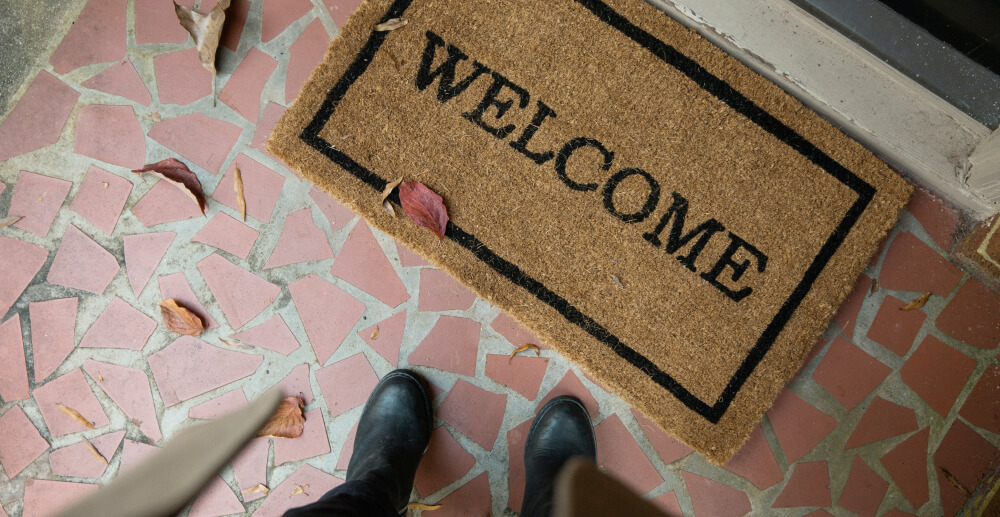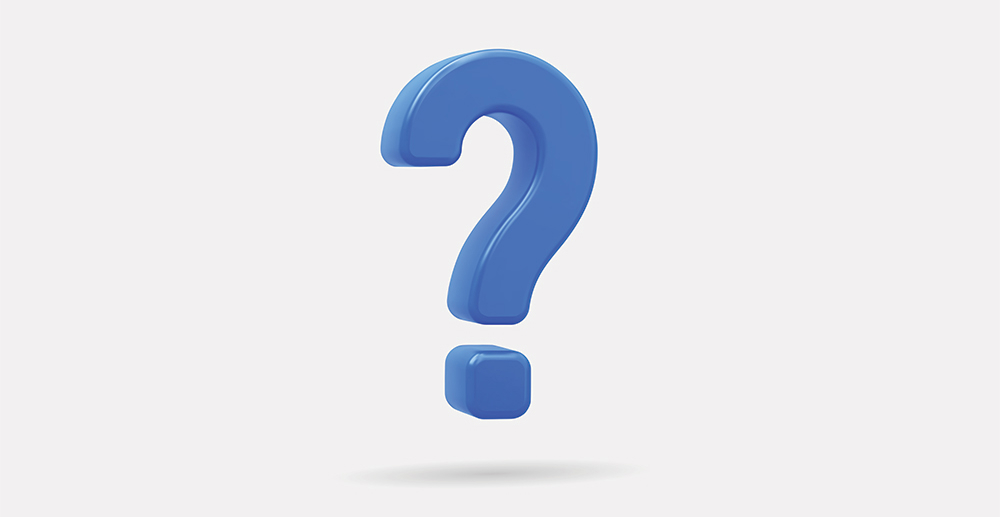Having recently celebrated 11 years sober, it occurred to me that drinking and using has changed since I stopped.
Not changed in a way like, “Poof! No one uses drugs or drinks any more!” Far from it—I think our substance use disorder crisis has gotten far worse since I got sober. No, I mean changed, like now in 2020 there are so many new products, new avenues and new ways to get inebriated. So many new drug and alcohol trends that I never imagined. I cherish my sobriety and work pretty darn hard to hang onto it. But I would be lying if I said there wasn’t just a teensy bit of FOMO when I hear about the plethora of new cool drugs and trendy new alcoholic beverages that all the kids are enjoying.
The shiny new options for substance use aren’t safe for me.
For example, the other day a friend of mine was talking about going into a dispensary here in Portland. She said it was like a jewelry store. It had all sorts of glamorous options and different flavors of edibles—all of which promised their own unique mind-altering high. As she spoke, my first thought was, “Gee that sounds like fun. I should check one of those out.” My second thought, however, was, “Oh wait. I don’t smoke weed anymore! And I didn’t really ever love it to begin with.”
Likewise, another sober person in my life and I were laughing about all the cute, chic little cans of fancy wines that are on the market now, things that did not exist when I was drinking daily in 2008. I sighed and said out loud that it must be to go to events with adorable little to-go versions of wine. My friend was fast to remind me that a mini serving of wine would barely scratch the surface for a seasoned daily blackout drinker like myself.
It’s definitely the same with smoking. I loved cigarettes and started smoking when I was 13. I didn’t stop until I was 37. Yet I totally missed the entire vaping phenomenon. Despite not having a cigarette in 9 years, I really considered vaping over the summer. My brain convinced me fairly quickly that vaping could work. And after all, I’d had a lot of loss over the summer. What harm could a little cupcake-scented cloud of nicotine actually do? I already knew the answer to that question in the pit of my stomach. It wouldn’t be vaping just that once. I know that my inner addict would be off to the races after one puff.
Drug and alcohol trends have passed me by, but I don’t really think I’m missing much.
Since 2009, I have seen lots of drug and alcohol trends come and go. I watched hipsters sip Moscow Mules out of fancy copper cups in 2011. I read articles about people being worried, understandably, about the presence of elephant tranquilizer showing up in heroin supplies in 2017. Just last summer at the swimming pool in my building, I saw skinny blondes guzzle back White Claws while tanning on deck chairs. I’ve also missed out on the big-time return of cocaine (But really? Did it ever leave?), the deep obsession with IPA, the momentary blip on the radar of frightening Flakka, Skittling, tainted CBD, spiked Kombucha, Kratom and probably countless others. Working as a recovery mentor in a hospital, there was no end to the new drug combinations or varieties we would see in the patients who wound up in the emergency room. I said “missed out” but when you see them in a list like that there’s zero real FOMO involved.
The daily screen time report at the end of the year on my new iPhone was, metaphorically, like looking at one of my old bar tabs. Let’s just say it was a daily average under 10 hours but not by freaking much. It also started to make me feel depressed and filled with anxiety and not the fun entertaining thing it once was.
Recovery gives me the freedom to focus on my other habits and behaviors.
Yet I am reminded regularly that when it comes to anything that makes me feel good, I am not wired like “normal” people. As part of starting my new year off right, I decided to take a 90-day social media detox. Granted this in no way at all compares to quitting drinking or using drugs. It’s the luxury kind of detox that bored sober people like myself get to do when we have enough of a clear head to see other things in our lives that are problematic. The daily screen time report at the end of the year on my new iPhone was, metaphorically, like looking at one of my old bar tabs. Let’s just say it was a daily average under 10 hours … but not by freaking much. Using social media had also started to make me feel depressed and filled with anxiety. It was no longer the fun entertaining thing it once was.
Thus, I decided a little break from social media might help me feel less anxious and depressed about the state of humanity. Also, maybe a social media break could usher in new healthy habits. I went to the bookstore to hopefully return to my love of reading. And I started practicing better sleeping hygiene. A few weeks in, I can honestly say this experiment is going well. I feel better, and I’m getting more stuff done without being a slave to likes and notifications.
Deep down, I’m still an addict.
This break has definitely highlighted how addicted I actually am to social media. It took a few days to stop looking at my phone out of sheer habit. I also found myself with a plethora of thoughts that I couldn’t instantly share. Thank god I’m a writer! Also, in some ways this has simply unleashed the inner addict in other parts of my life. Like the minute I deleted social media from my phone, I bought an AppleTV and started watching tv, in the same manner I used to drink, and reading books just like I chain smoked. Sigh.
In the end, drugs have changed and will continue to change. Drug and alcohol trends will continue to evolve. They may even be some validity to my thoughts that maybe these new drugs would be the ones that could work for me. The ones that wouldn’t destroy my life. Maybe vaping crack and drinking White Claw is the missing combination to help me use substances like a normal person! But I don’t want to find out. Because while the drugs have changed, I certainly have not.









